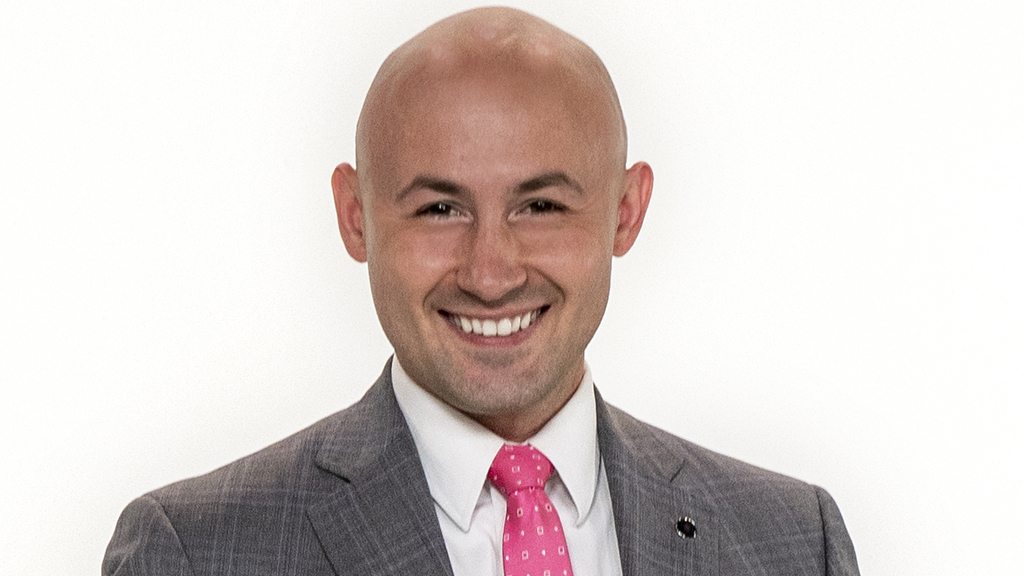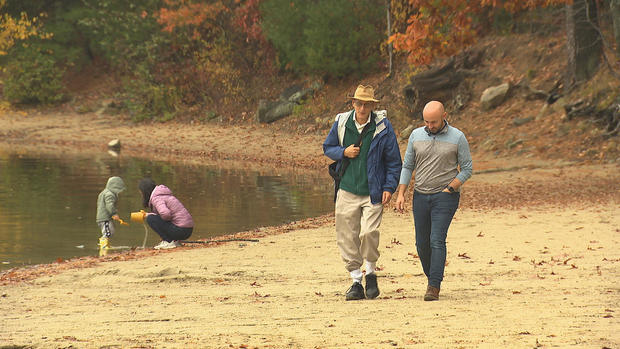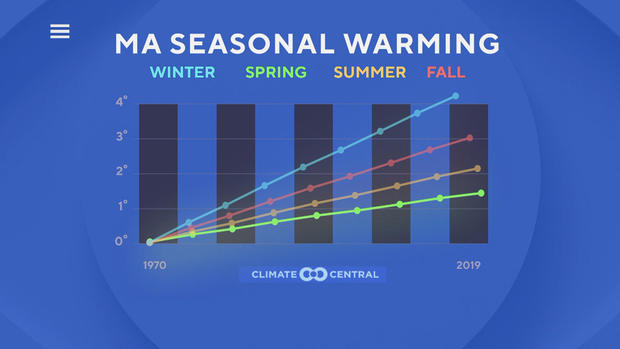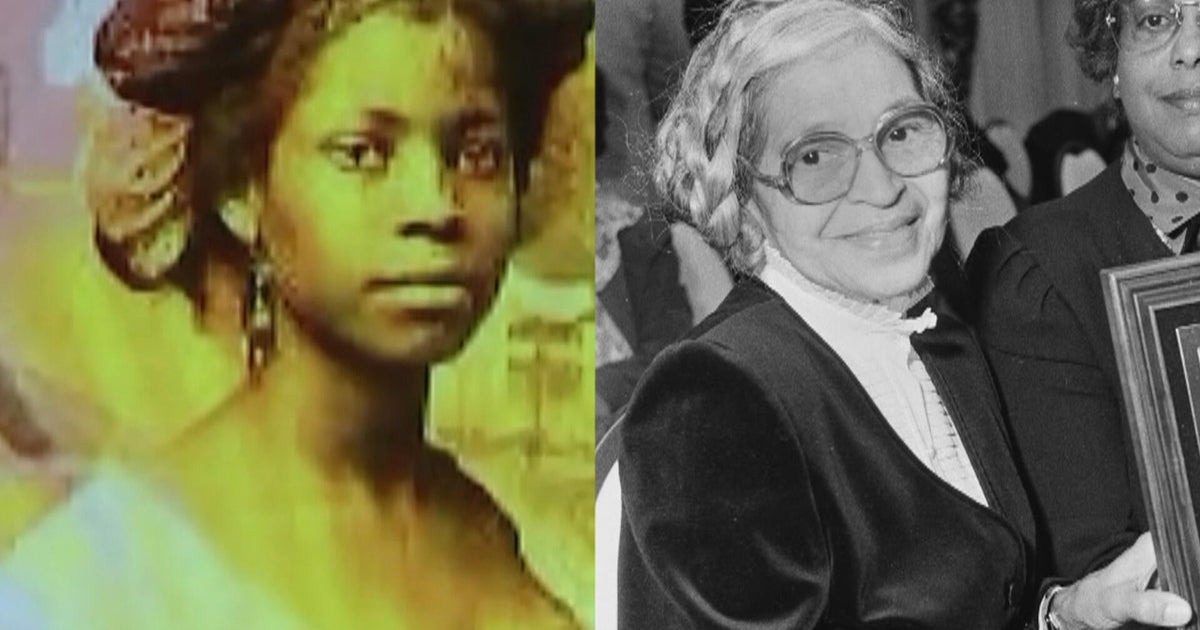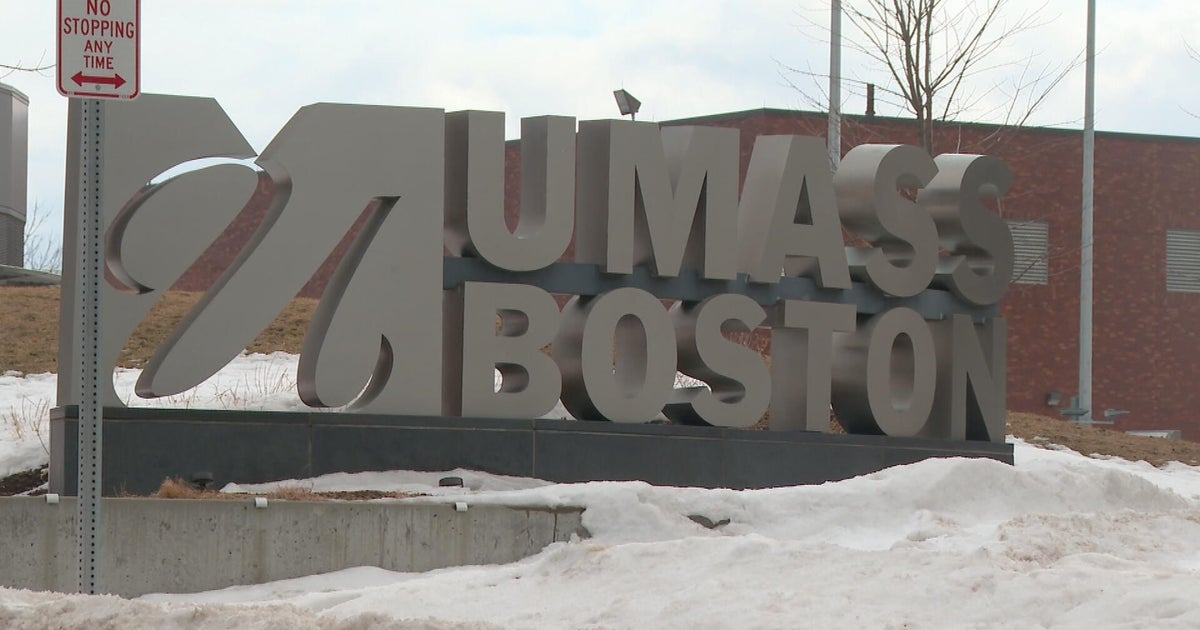How scientists are using Henry Thoreau's book "Walden" to study Massachusetts' climate
CONCORD - American literary icon Henry David Thoreau spent two years, two months, and two days at Walden Pond, writing what would later be published as his book "Walden."
Now, nearly 180 years later, his writings are teaching us that the Walden Pond of 2024 isn't the Walden Pond of then. The cause is our changing climate.
It's not uncommon to see people enjoying Walden Pond nowadays. Swimming, kayaking, and even field trips are common activities there.
But a walk around Walden Pond is a walk through history. Boston University Professor Richard Primack is using that history to his advantage.
Why climate scientists use Thoreau's book
Primack is a professor of plant ecology and part of a team of researchers studying climate change in Massachusetts. One of their most valuable pieces of data is Thoreau's book.
"Thoreau made these very detailed observations, libraries of his observations on flowering time, leafing out, bird arrival time, ice out times in Walden Pond. And so these scattered tables are really what the basis is for building on our own set of observations," said Primack.
As a naturalist, Thoreau was compulsive in his observations of flora and fauna. He spent hours in a cabin like this, jotting down a thousand words each day on what he saw.
Oldest data for spring in the U.S.
Primack said this is really the oldest data set in the United States on the timing of events in the Spring.
The data paints a clear picture that winters are shorter, and springs are coming earlier.
"Climate change is affecting Concord, Massachusetts," said Primack. "Wildflowers are flowering about 10 days earlier. Trees are leafing out 14 days earlier. Trees are somewhat more responsive wildflowers."
Spring is Massachusetts' slowest changing season, rising about 1.7° Fahrenheit over the last 50 years. Spring's earlier arrival may be throwing off the synchronicity of the ecosystem.
Loss of wildflower species
But perhaps the most concerning isn't what we see, but rather what we don't.
"When we started to look at the flowering times of plants, we kept encountering wildflower species that we couldn't find or that were extremely rare," said Primack.
Wildflowers like fringed orchids or ladyslipper orchids were written about by Thoreau, but Primack's team couldn't find any sign of them.
The species that had gone locally extinct were the cold-loving, northern wildflowers, while the species that tended to be persistent were the warm-loving, southern species.
Primack's team came to the conclusion that about 27 percent of all wildflower species from Thoreau's time in Concord are completely gone. Another 30 percent had declined in abundance.
Since publishing their findings, Primack's results have been replicated elsewhere in New England and the Northeast.
Thoreau is "a very accurate scientist"
When asked by WBZ if Thoreau should be revered in scientific circles the same way he's revered in literature, Primack was absolute.
"He should be. In Thoreau's time and the decades after, people criticized him that he's not a good scientist. We now know that was completely wrong. Thoreau was, in fact, a very accurate scientist," he added.
